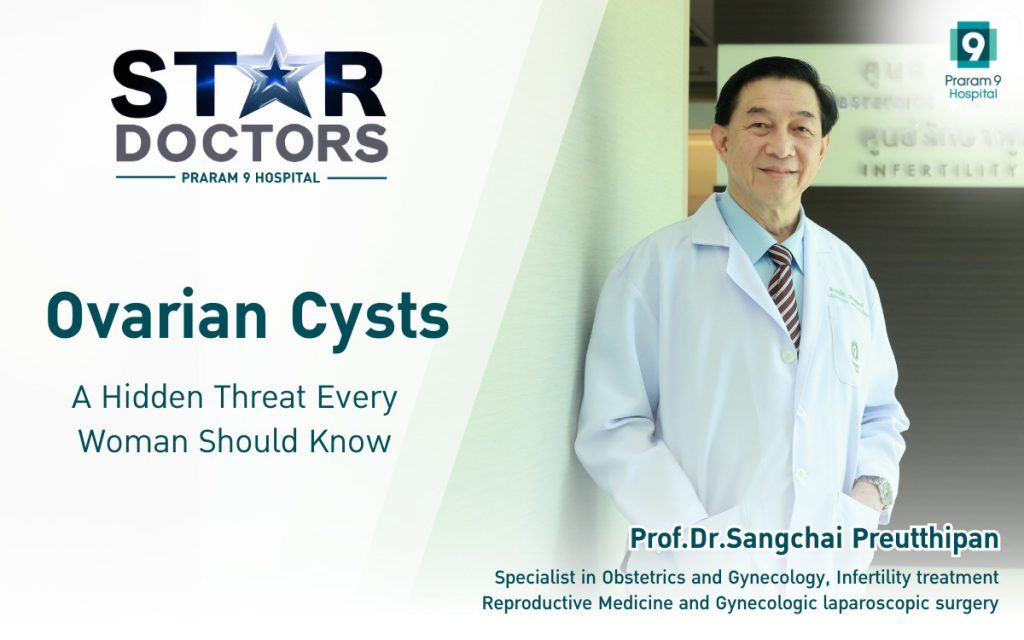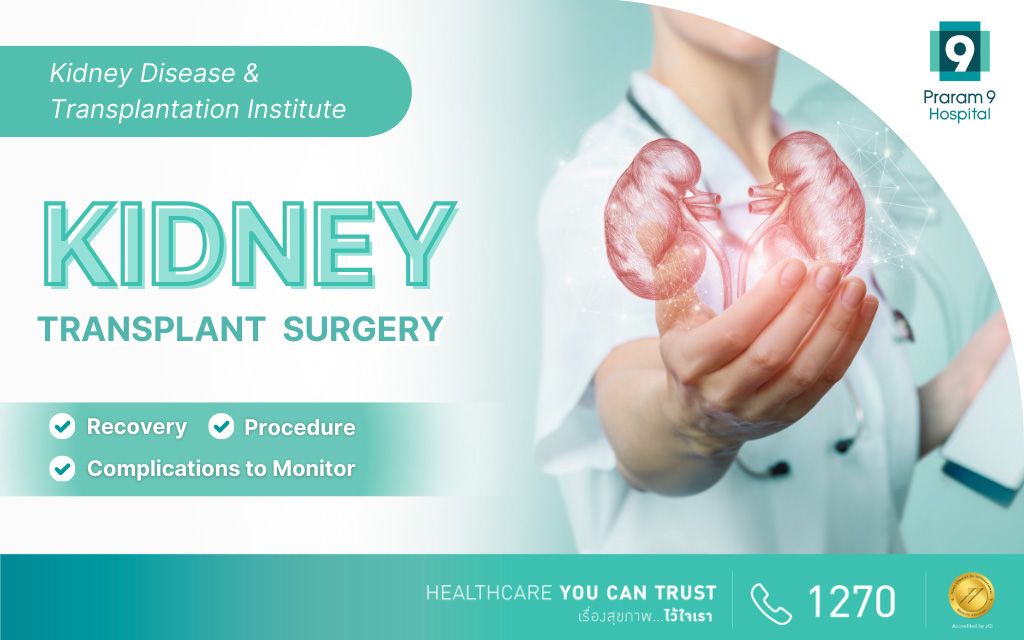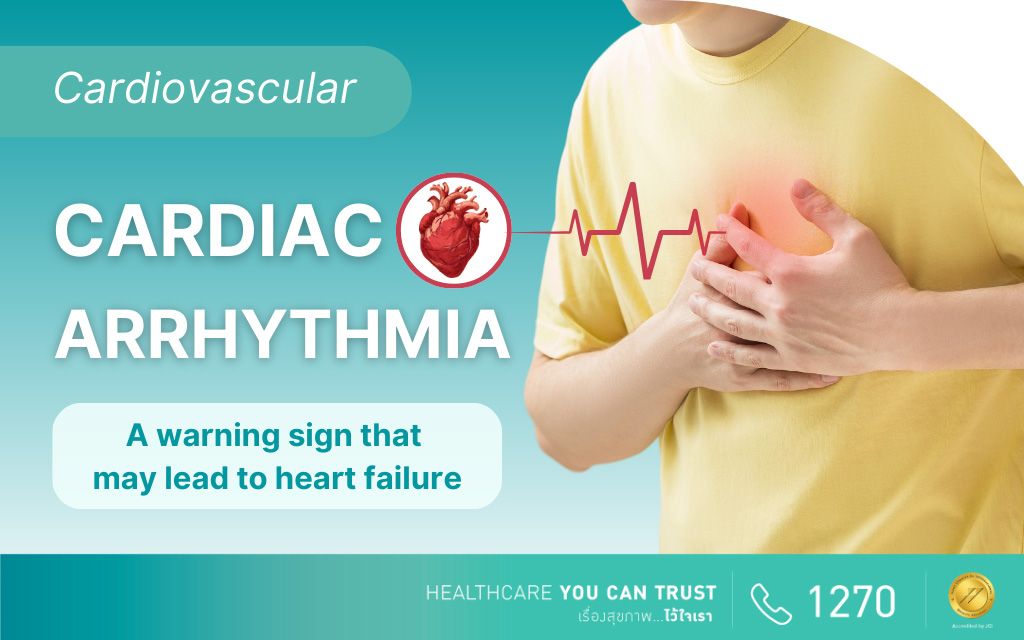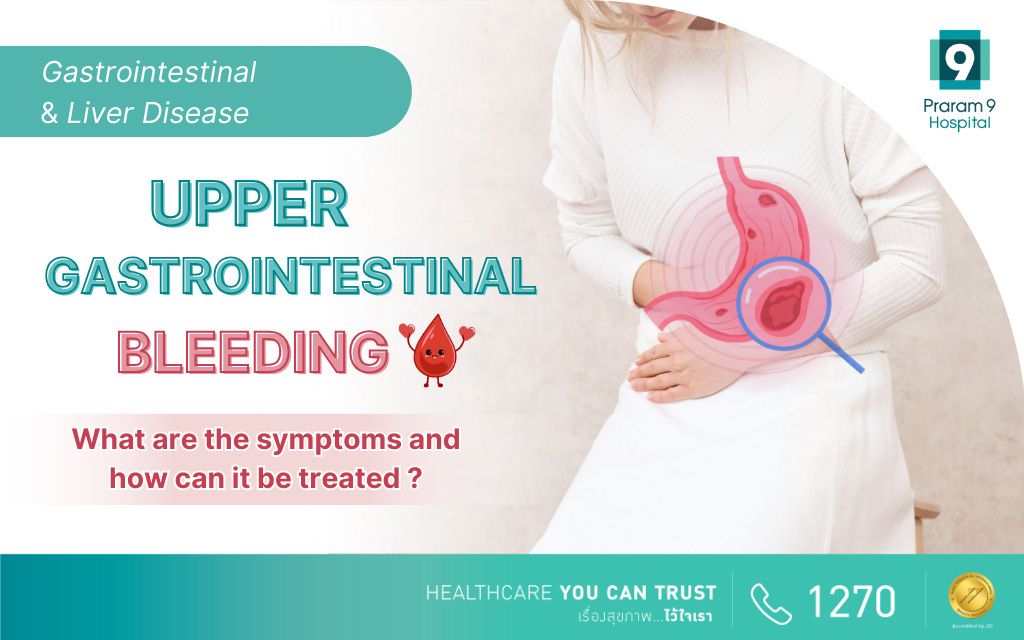Health Articles
Knowledge
Thyroid Disease Symptoms! Which type of thyroid disease do these symptoms indicate?
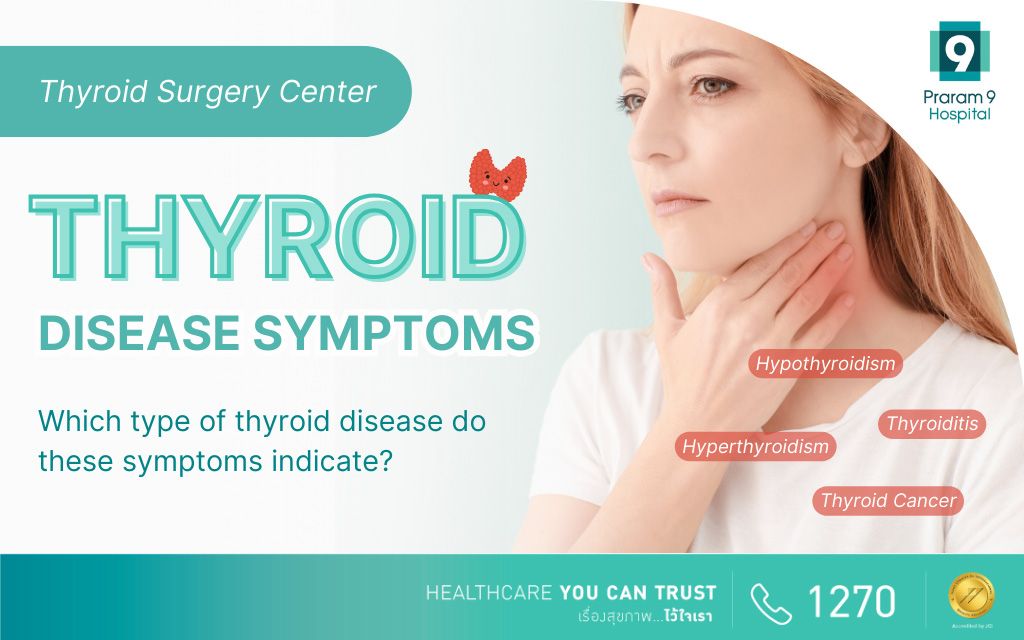
The thyroid gland is a butterfly-shaped organ located at the front of the neck. Its main function is to produce thyroid hormones, which are crucial for the body’s metabolic system. These hormones also contribute to growth and regulate heart rate, body temperature, and other hormonal functions.
When the thyroid gland malfunctions, it can affect the levels of thyroid hormones in the body, leading to conditions like hyperthyroidism (excess thyroid hormone), hypothyroidism (insufficient thyroid hormone), or other thyroid disorders. Patients with these conditions may exhibit different symptoms.
This article will explain the symptoms of various types of thyroid diseases to help you recognize them early. If you suspect any issues, it’s important to consult a doctor for prompt diagnosis and treatment.
Table of contents
- Warning Signs of Thyroid Disease
- Symptoms of Hyperthyroidism
- Symptoms of Hypothyroidism
- Symptoms of Non-Cancerous Thyroid Nodules
- Symptoms of Thyroid Cancer
- Symptoms of Thyroiditis
- Symptoms of Goiter
- Thyroid Surgery Package
- Summary
Warning Signs of Thyroid Disease
Thyroid disorders can arise from various causes, such as hyperthyroidism, hypothyroidism, non-cancerous thyroid nodules, thyroid cancer, or thyroiditis, resulting in a wide range of symptoms. However, some common symptoms of thyroid disease include:
- Unexplained weight loss or gain
- Sensitivity to heat, excessive sweating, or feeling unusually cold
- Irritability
- Insomnia
- Bulging eyes
- Heart palpitations
- Fatigue
- Hair loss, dry skin
- Enlarged neck
- Goiter (Swelling of the thyroid gland)
- Difficulty swallowing
These symptoms are commonly observed in patients with thyroid disorders. If you experience any of these signs, it is crucial to consult a doctor for proper diagnosis and treatment.
Symptoms of Hyperthyroidism
Hyperthyroidism, also known as an overactive thyroid, occurs when the thyroid gland produces excessive amounts of thyroid hormone. Common symptoms include:
- Rapid heartbeat or palpitations
- Irritability, mood swings, restlessness
- Excessive sweating
- Insomnia
- Muscle weakness
- Unexplained weight loss
- Irregular menstrual periods
- Eye irritation, sensitivity to light, blurred vision, or bulging eyes
These symptoms can significantly impact your quality of life, so it’s essential to seek medical advice if you experience any of them.
Symptoms of Hypothyroidism
Hypothyroidism occurs when the body lacks sufficient thyroid hormones, leading to symptoms opposite of hyperthyroidism. Common symptoms include:
- Fatigue
- Weight gain
- Sensitivity to cold, feeling unusually cold
- Dry hair, thinning hair, dry skin
- Hoarse voice
- Puffy face
- Memory problems
- Muscle weakness, aches
- Irregular menstrual periods in women
- Depression
In the early stages, symptoms may be mild and not easily noticeable, making it difficult to detect thyroid dysfunction at first. If you experience these symptoms, it’s important to consult a healthcare professional for further evaluation.
Symptoms of Non-Cancerous Thyroid Nodules
Some patients with non-cancerous thyroid nodules may not exhibit any symptoms, but a noticeable lump in the neck or an enlarged neck may be present. If the nodule is large or there are multiple nodules, patients may experience difficulty swallowing.
If the nodule produces thyroid hormones, the patient might also show symptoms of hyperthyroidism.
Symptoms of Thyroid Cancer
Symptoms of thyroid cancer may include:
- A lump in the neck, which can range from small to large
- An enlarged neck with a feeling of tightness
- Difficulty swallowing
- Hoarseness
- Difficulty breathing
If you notice any of these symptoms, it is important to consult a doctor for further evaluation and diagnosis.
Symptoms of Thyroiditis
Thyroiditis, or inflammation of the thyroid gland, can be caused by various factors, including autoimmune conditions like Hashimoto’s disease, which leads to low thyroid hormone levels.
Initially, patients may not experience any symptoms, but over time, the thyroid gland may gradually enlarge, causing the front of the neck to appear swollen. As the condition progresses, patients may develop the following symptoms:
- Fatigue
- Weight gain
- Slow heart rate
- Muscle pain
- Constipation
- Swelling of the eyes and face
- Dry, thinning skin, and hair loss
- Irregular or heavy menstrual periods in women of reproductive age, difficulty conceiving
- Memory problems, difficulty concentrating, and depression
If you notice these symptoms, it is important to seek medical attention for proper diagnosis and treatment.
Symptoms of Goiter
Goiter is a condition where the thyroid gland enlarges, which may or may not involve the presence of nodules. Depending on the underlying cause, patients with goiter may have high or low thyroid hormone levels.
- If the goiter is associated with high hormone levels: Patients will show symptoms of hyperthyroidism.
- If the goiter is associated with low hormone levels: Patients will display symptoms of hypothyroidism.
- If the goiter is large: It may cause difficulty swallowing.
The specific symptoms depend on the underlying thyroid hormone levels, but the primary indication is the visible enlargement of the neck. If you notice any of these signs, it is important to consult a healthcare provider for further evaluation.
Thyroid Surgery Package

Praram 9’s Thyroid and Thyroid Surgery Center offers a comprehensive approach to treating thyroid disorders, including diagnosis, screening and surgery by a renowned team of expert clinicians using state-of- the-art medical facilities and equipment.
Our Key Procedures
- Open Thyroidectomy (Lobectomy)
(General Anesthesia 1 Night ICU, 1 Night Ward) - Open Thyroidectomy (Total)
(General Anesthesia 1 Night ICU, 1 Night Ward) - Transoral Endoscopic Thyroidectomy (Lobectomy)
No external scar on the skin
(General Anesthesia 1 Night ICU, 1 Night Ward) - Transoral Endoscopic Thyroidectomy (Total)
No external scar on the skin
(General Anesthesia 1 Night ICU, 1 Night Ward) - Transaxillary Endoscopic Thyroidectomy (Lobectomy)
No external scar on the skin
(General Anesthesia 1 Night ICU, 1 Night Ward) - Transaxillary Endoscopic Thyroidectomy (Total)
No external scar on the skin
(General Anesthesia 1 Night ICU, 1 Night Ward)
Thyroid Surgery Package
Price Starting from : 181,500-305,500 THB
For more information, please contact
TEL: 1270 (Local) or +662 202 9999
You can consult a doctor from anywhere through video calls
Summary
The thyroid gland is essential for regulating the body’s metabolism and affects the function of various organs. Abnormalities in thyroid function, such as hyperthyroidism or hypothyroidism, can lead to a range of symptoms including weight changes, sensitivity to heat or cold, fatigue, and swelling around the eyes and face. If you experience these symptoms or suspect a thyroid issue, it is important to consult a doctor for accurate diagnosis and timely treatment.



